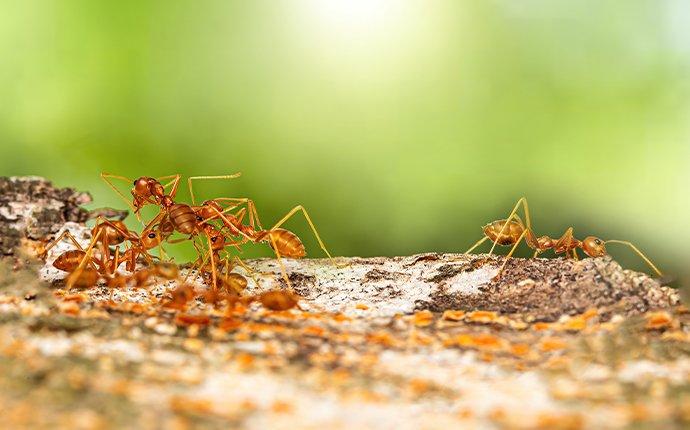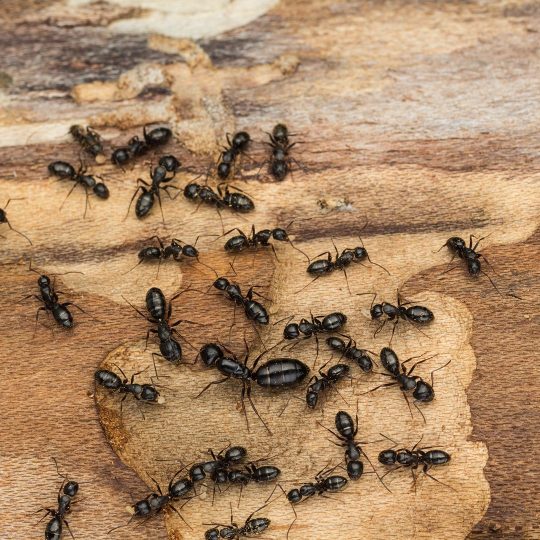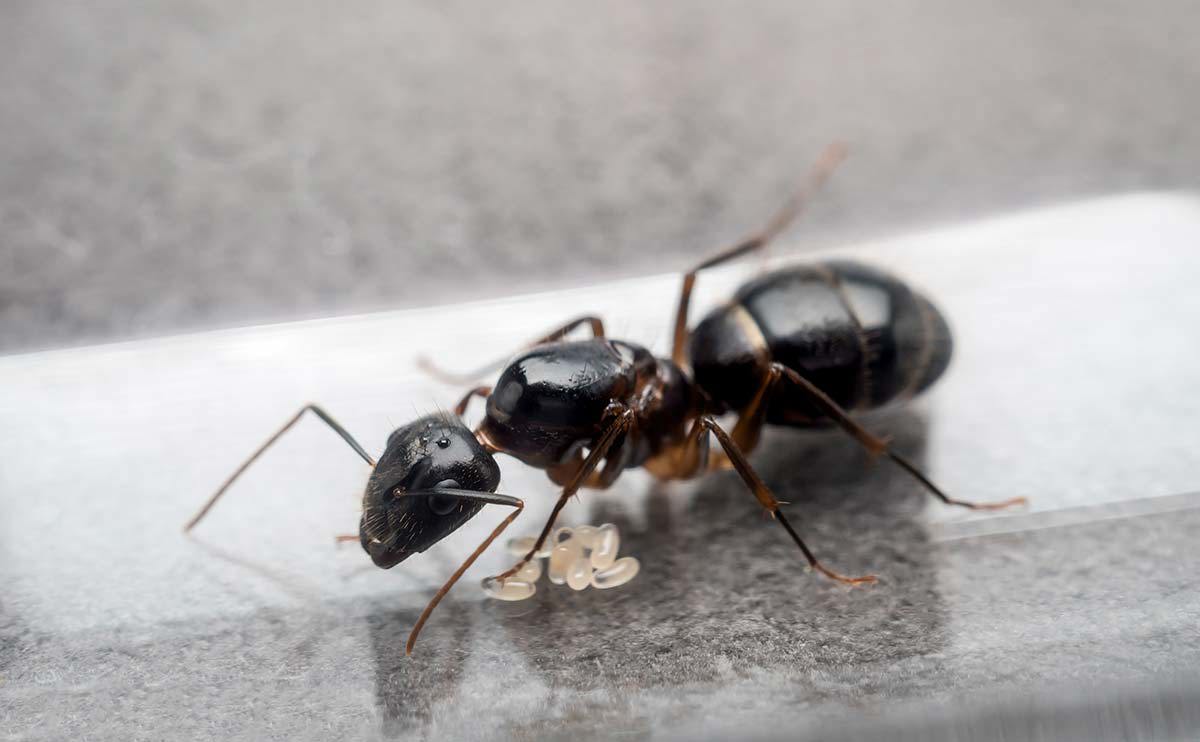Full Ant Control: Methods and Services to Beat Ant Issues
Full Ant Control: Methods and Services to Beat Ant Issues
Blog Article
Ecological Effect of Insect Control: Balancing Effectiveness With Sustainability
The environmental influence of bug control is an important concern that requires a fragile equilibrium in between accomplishing efficiency in managing insects and guaranteeing sustainability of our environments. From the usage of harmful chemicals that leak into our dirt and water to the unplanned repercussions on non-target varieties, the consequences of conventional parasite control methods are far-ranging.
Damaging Chemicals in Bug Control
The use of damaging chemicals in pest control postures considerable ecological and wellness risks that require careful factor to consider and reduction methods. Insecticides, pesticides, and herbicides are frequently made use of to get rid of insects, however their widespread application can result in unplanned consequences. These chemicals can infect dirt, water resources, and the air, influencing not just the targeted pests but additionally valuable insects, wildlife, and human beings.

To attend to these dangers, incorporated parasite administration (IPM) techniques are being advertised as an extra sustainable option. IPM involves a combination of methods such as organic control, habitat control, and the targeted use pesticides as a last resort (ant control thomaville nc). By adopting an all natural strategy to pest control, we can minimize the ecological and wellness effects related to hazardous chemicals while properly managing pest populaces
Effect on Non-Target Types
Taking into consideration the unplanned repercussions of insect control approaches, the influence on non-target types is an important facet that needs comprehensive analysis. While bug control procedures aim to target certain pests, various other microorganisms in the environment might be unintentionally influenced. Non-target species, including useful bugs, birds, mammals, and also plants, can suffer indirect or straight damage from pesticide applications or biological control approaches.
Chemicals can have dangerous or sub-lethal results on non-target types. Insecticides designed to deal with a certain insect bug may damage pollinators like or all-natural predators such as ladybugs. Additionally, chemical residues can accumulate in the atmosphere, affecting non-target microorganisms in time. Organic control representatives, if not species-specific, can pose threats to unexpected targets, interfering with the environmental balance.
To minimize the influence on non-target varieties, integrated parasite management (IPM) approaches that highlight an alternative technique to pest control are recommended. These techniques focus on making use of eco-friendly practices, minimizing injury to beneficial microorganisms while efficiently taking care of pest populations. Conducting comprehensive risk evaluations and keeping track of the end results of insect control initiatives are important action in securing non-target types and promoting overall ecosystem health and wellness.
Soil and Water Contamination
Unexpected ecological effects of parasite control techniques expand beyond impacting non-target types, with significant implications for dirt and water contamination - ant control. Pesticides, herbicides, and chemical plant foods made use of in bug control can leach right into the soil and infect groundwater, positioning a threat to both aquatic and earthbound environments.
Water contamination is an additional essential problem linked with parasite control methods. To mitigate dirt and water contamination from parasite control activities, incorporated bug monitoring methods that prioritize sustainability and lessen chemical inputs are essential.
Air Pollution From Chemical Usage
Exposure to air-borne pesticides during farming applications presents a substantial concern for air pollution control steps. Furthermore, pesticide drift, where chemicals are lugged by the wind to read what he said unintended locations, can lead to the contamination of neighboring environments and water bodies.

Techniques for Lasting Insect Control
In the realm of agricultural practices, applying lasting parasite control methods is vital for preserving environmental equilibrium and safeguarding plant yields. Sustainable bug control stresses making use of eco friendly techniques to manage pest populaces efficiently while decreasing harm to non-target microorganisms and communities. Integrated Parasite Monitoring (IPM) is a commonly embraced method that combines organic, social, physical, and chemical control techniques to achieve long-lasting parasite administration remedies.
One key technique in lasting insect control is promoting biodiversity within agroecosystems. By boosting natural adversaries of parasites, such as parasitoids and predators, farmers can decrease the need for artificial pesticides. Crop rotation and diversification are additionally effective methods to interrupt pest life process and develop less desirable problems for bugs to prosper. In addition, making use of pest-resistant crop ranges and using methods like trap cropping can help in reducing insect pressure without depending heavily on chemical interventions. Ultimately, by incorporating these sustainable bug control methods, farmers can accomplish an equilibrium in between pest administration effectiveness and ecological stewardship.
Final Thought
To conclude, the environmental impact of parasite control approaches have to be meticulously considered to balance performance with sustainability. Dangerous chemicals used in bug control can lead to soil and water contamination, air pollution, and damage non-target species - termite control services. It is critical to apply lasting parasite control approaches to lessen these adverse effects on the environment and promote a healthier ecosystem for future generations
By adopting an all natural strategy to pest control, we can reduce the ecological and wellness impacts linked with hazardous chemicals while efficiently handling pest populations.

To minimize the air contamination caused by pesticide usage, it is vital to embrace integrated insect management approaches that prioritize the usage of non-chemical bug control approaches, such as crop rotation, natural predators, and immune crop varieties. Sustainable parasite control emphasizes the usage of eco pleasant methods to handle parasite populaces successfully while lessening harm to non-target organisms and ecological communities. Integrated Insect Administration (IPM) is an extensively embraced technique that combines organic, cultural, physical, and chemical control techniques to accomplish long-term bug administration options.
Report this page